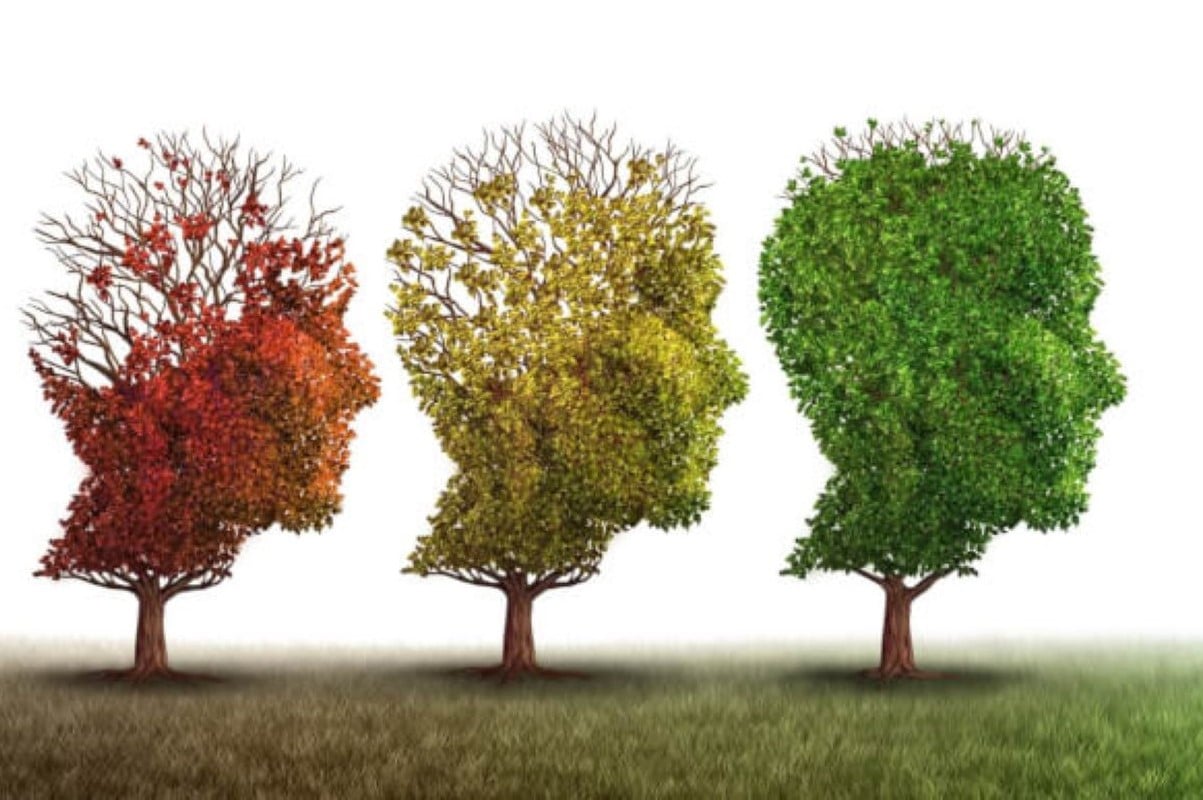Retirement can be an exciting time to explore new hobbies and interests, however, it may also bring about a decline in cognitive health due to a lack of stimulation. Fortunately, cognitive decline doesn't have to be inevitable.
In this blog post, we will discuss the causes of cognitive decline in seniors and look at four strategies that seniors can use to help reverse or prevent cognitive decline. By following these strategies, seniors can age gracefully while maintaining a sharp mind and healthy brain functioning.
What Causes Cognitive Decline?
Cognitive decline in seniors can cause memory loss, confusion, and difficulty focusing. It is important to know what causes cognitive decline so that we can prevent it or at least slow down the process. Research suggests that certain lifestyle factors like poor nutrition, lack of exercise, stress, smoking, excessive alcohol consumption, and environmental toxins can lead to cognitive decline.
Additionally, chronic illnesses such as diabetes or high blood pressure can play a role in cognitive dysfunction. Finally, genetics plays a part too – some people are more likely to experience cognitive decline than others due to their genetic makeup. Applying strategies like exercising regularly, engaging in mentally stimulating activities, getting enough sleep, and maintaining social connections are all key steps toward reversing cognitive decline in seniors.
Strategy 1: Stimulate Your Brain
One of the key ways to maintain mental sharpness as one ages is to stimulate your brain with activities that require some effort. Taking up hobbies such as puzzles, crosswords, or online brain games can keep your mind engaged and help to strengthen neural pathways.
If desired, one can even attend a class to learn a new skill like drawing or playing an instrument. Doing things that challenge you mentally will keep your brain alert and ready for action. Remember that it’s never too late to pick up a new hobby and have fun doing it!
Strategy 2: Increase Physical Activity
Strategy 2: Increasing physical activity is an effective way to keep the brain functioning at optimal levels. Regular exercise helps to increase blood flow and oxygen levels in the body, which can help to improve mental alertness. It has also been shown to boost serotonin levels, helping seniors feel energetic and positive.
Additionally, when seniors are more physically active, they tend to eat better and sleep better which further supports overall brain health. Regular physical activity may even prevent or slow cognitive decline during retirement years.
Strategy 3: Improve Diet And Nutrition
Strategy 3 for reversing cognitive decline in seniors is to improve their diet and nutrition. Eating the right foods can help seniors stay sharp as they age, including adding fatty fish, vegetables, fruits, nuts, and whole grains to their diets.
Brain-boosting foods such as blueberries, extra virgin olive oil, and turmeric are also recommended to help nourish the brain with essential nutrients. Furthermore, avoiding junk food and reducing the consumption of sugar can make a huge difference in cognition. Seniors should make healthy eating part of their daily routine for maximum benefit.
Strategy 4: Socialize For Mental Wellbeing
Socializing is a great way to help reverse cognitive decline in retirement. Maintaining a social life with family and friends can help reduce stress, lower anxiety levels, and stimulate the mind. As the saying goes, “Laughter is the best medicine.”
By engaging in activities such as going out for meals or seeing movies together with others, seniors can keep their minds active and keep their mental health in check. Additionally, being part of an organization like a local club or church group can offer companionship and social support that also benefits mental well-being.
Conclusion
In conclusion, retirement cognitive decline can be reversed with proper preparation and initiative. With the right strategies, seniors can strengthen their brains and improve their overall mental functioning. It is important to take advantage of the many tools available today to promote healthy aging and avoid any serious deterioration of cognitive abilities.
By implementing these four strategies – exercising, learning something new, staying socially connected, and participating in activities that challenge the brain – seniors can keep their minds sharp for a long time to come.


